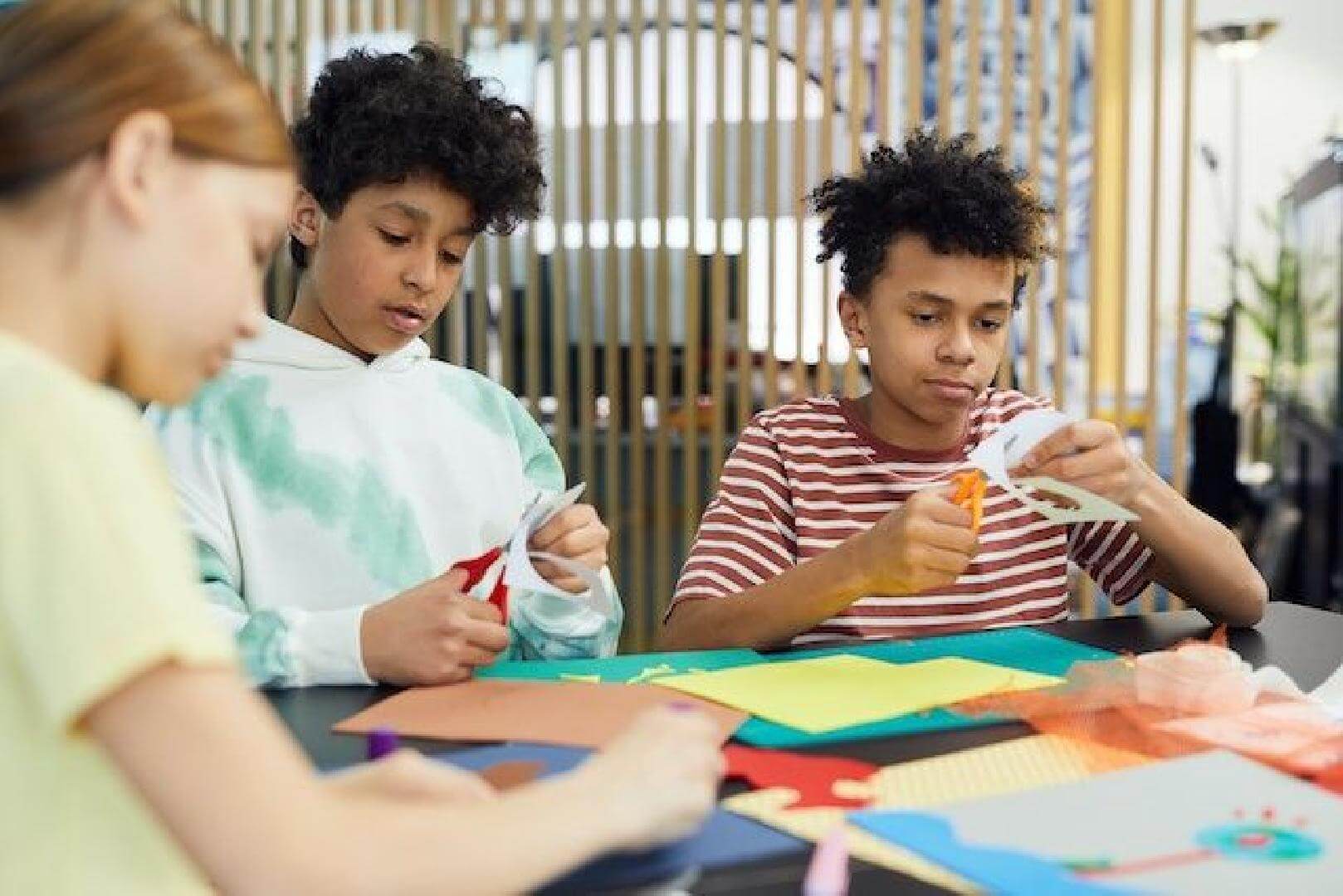¿What are soft skills?
What are soft skills and how can they be stimulated in the classroom?
The new learning methods try to stimulate all the intelligences and abilities of the student. Knowing what soft skills are and how they can be applied in our daily lives, will help us to work on a fundamental aspect for their development and their personal and professional future.
What are soft skills?
Soft skills are the abilities related to our own personality. In part, soft skills are innate, values such as patience, empathy or leadership skills are considered soft skills, however, it is possible to improve soft skills at an early age.
What differentiates soft skills from hard skills is that the latter are fully acquired skills. The ability to speak several languages, an academic degree or knowledge about computer programming are considered hard skills, they are knowledge that is learned and then put into practice.
Why soft skills are important
In the workplace, more and more companies are taking soft skills into account when evaluating their employees. A person capable of demonstrating values related to soft skills, will be able to work collaboratively and add skills to the group.
In the academic sphere, learning values are increasingly present in curricula, as well as teaching related to the emotional level. The development of soft skills has to do with the emotional education of the student, as well as with the learning and putting into practice values that will not only be useful in the future, but also in the present, in an environment in which he/she must constantly relate to other people.
The importance of soft skills lies in the fact that these skills will form part of their personal competences. It is important to know how to identify the soft skills of each student, and to offer them a personal space in which they can develop them.
The most important soft skills for primary and secondary school pupils
There are many soft skills and all of them can be presented in different degrees, however, in the academic environment there are a series of soft skills that are fundamental, and that will form the basis of what will be their skills in the future.
Creativity is a fundamental soft skill at this age. All infant, primary and secondary school students are ready to develop infinite creativity; the task of an educational centre is to teach them to encourage this ability to create.
Leadership and problem solving are two skills that are partly innate, but which can be stimulated, especially during the early academic years. In both cases, what we are achieving is that the student has a high level of self-confidence and is aware that he or she can develop each of his or her projects.
Personal intelligence and empathy are also two values that will be fundamental in their future. Not only in the work environment, but also in their daily life, the correct management of emotions and their ability to put themselves in other people’s shoes will be important.
The ability to develop critical thinking is what makes us responsible citizens. At Aravaca International we develop educational plans that prepare our students to develop critical opinions and objective analysis of their environment.
Values such as honesty and independence are also important when it comes to soft skills. Teaching and putting these values into practice helps us to train our students emotionally, helping them to be prepared for their future.
Soft skills through language learning
In our educational programmes, language learning plays a fundamental role. Our students begin to assimilate a second language at the same time as they structure the learning of their mother tongue, which allows them to learn both languages at the same time.
Learning a language helps to foster soft skills related to habits of mind. By linking language learning and practice with emotional and social skills, the student learns to value his or her own potential.
Learning a second language is a complex and ongoing process, as is the development of personal skills. If we are able to teach students that the process is worthwhile, and that once the academic stage is over they are responsible for their own education, we will ensure that their talents continue to develop in adulthood.
Design thinking and soft skills
Design thinking is a method for developing innovative and creative ideas. This concept is usually related to the workplace, however, it also has a place in academic education.
Design thinking allows a person to detect a problem and solve it, based on a creative and appropriate response. The application of design thinking in the classroom is based on posing situations to the student, which he or she can evaluate and solve creatively. This type of approach allows a student to put into practice different soft skills, such as creativity, collaboration, lateral thinking or empathy.
The classroom is the perfect place for a child to test their skills and improve them. Our work as a training space is based on offering them challenges with which they can improve their skills. Design thinking is one of the most effective methods for primary and secondary school students to put into practice soft skills, which will be basic in their day to day life.
Aravaca International, the most complete bilingual education
At Internacional Aravaca we attach great importance to language learning from the very first academic years. This learning serves as a method to broaden our students’ abilities in other fields as well, related to emotional and ethical aspects.
Our teaching programmes cover all the skills and knowledge that a student should acquire during the first stages of their education, through the British curriculum.
